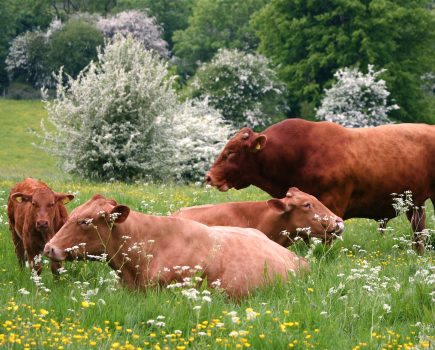DEFRA announced in June that easement on medium-risk fruit and vegetables from the EU will be extended until the end of January 2027. This means sanitary and phytosanitary (SPS) border checks will not apply until the end of the transitional staging period (TSP) and this is only if the proposed EU/UK sanitary and phytosanitary agreement is not in place by then.
I have been following updates on the negotiations from the Fresh Produce Consortium (FPC), which has been campaigning hard on behalf of the sector. Chief executive Nigel Jenney has retained a fair level of scepticism, it has to be said, but this successful campaign could have the potential to make a real difference to many fresh produce businesses. I’ll talk about import check changes later.
What does the exemption mean?
- Around 700,000 consignments per year will avoid expensive SPS checks
- Savings of around £200m per year
- Fruit and veg will also remain exempt from the common user charge (CUC) when entering via UK ports
- A significant reduction in the operational and financial strain on retail, wholesale and foodservice businesses. This especially impacts smaller, medium and family-owned businesses which would have been disproportionately affected by the planned 1 July deadline.
Sadly, plants and cut flowers are still subject to existing SPS checks under the border target operating model (BTOM). The FPC is pushing for out-of-hours inspection teams to reduce holding time at the docks (and because it should reflect the 24/7 nature of this element of import trade) and to have authorised operator status adopted.
The wholesale sector has often proved itself more flexible and better able to cope immediately with the challenges presented by economic and political change than supermarkets, but in the longer term, increased red tape and delays at the ports have been creating unnecessary uncertainty about the ability of the UK supply chain to source sufficient fruit, vegetables and flowers from overseas to satisfy demand at affordable prices.
The impact on the plant material industry has already been profound in several instances, including the rise in price to accommodate the additional paperwork and the impact on plant quality caused by delays at the port.
While this has not yet come into effect, it’s clear that better links with the EU would be great news, though not at far greater expense or to the detriment of links with the rest of the world.
More logistical disruption and severe price pressure would present a serious risk to traders who are almost exclusively small or medium-sized enterprises. What they need is a sustained period of political and economic stability, which hopefully we are heading towards.
Imports? Well as British top fruit growers we might not like imports, but they do maintain the shelf space that we can occupy at peak season.
The next challenge to come out of Whitehall is the challenge of ‘dynamic alignment’ with the relevant EU rules on food and drink checks. This means more red tape at the border which will possibly push up prices.
To quote Nigel Jenney: “While we have resolved the EU border position, we have moved the problem and the cost to non-EU goods. Out of the UK season our consumers are reliant on tomatoes and strawberries, for example, from outside of the EU; while this looks like a great opportunity for British growers to fill the gap, they are struggling with the cost of production and pricing that doesn’t meet their needs. The consumer seems set to miss out.”







